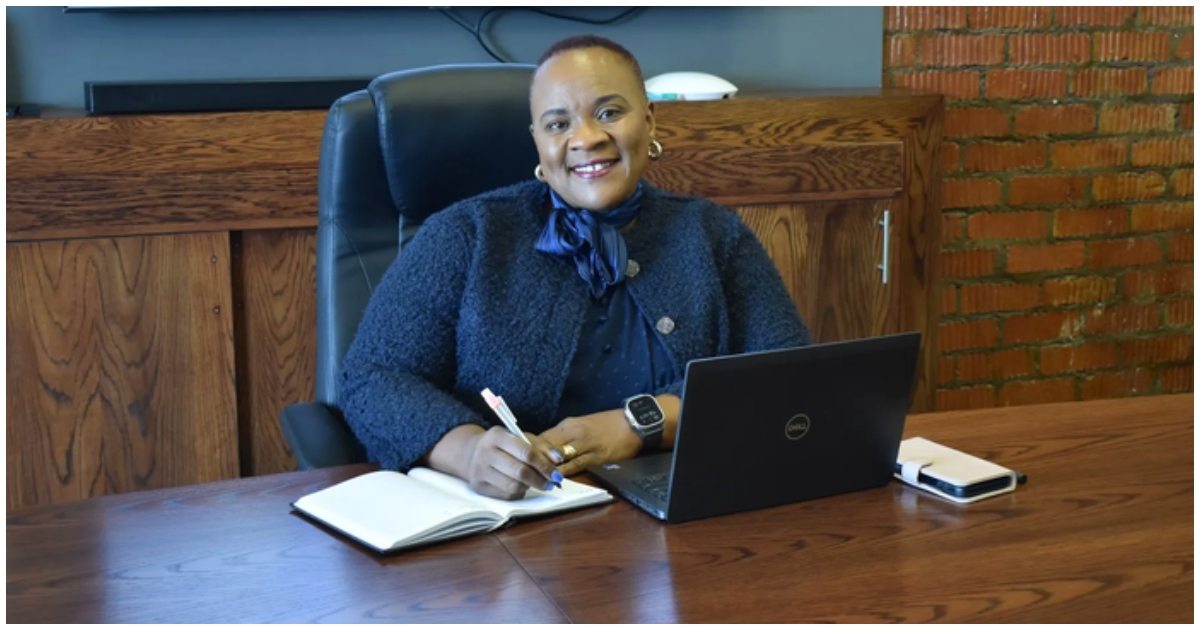A Historic Milestone for Women in Education
Mangosuthu University of Technology (MUT) in Durban, South Africa, has made history by appointing Prof. Nokuthula Sibiya as its first Black female vice-chancellor. This groundbreaking appointment is a significant step forward in gender and racial representation in higher education leadership.
Prof. Sibiya, an accomplished academic and researcher, expressed her deep honor in leading the university. “This appointment is a collective victory for all women who aspire to break barriers and lead with purpose,” she said. Her journey from humble beginnings in Umlazi Township to the highest leadership role at MUT is a testament to her dedication and resilience.
Academic Excellence and Recognition
Prof. Nokuthula Sibiya’s academic journey began at Tholisu and Sawela Primary Schools, continuing through Velabahleke and Vukuzakhe High Schools. She pursued higher education at the University of Zululand, earning a degree in nursing, followed by a Doctor of Technology in Nursing from the Durban University of Technology.
As a C-rated researcher, Prof. Sibiya has significantly contributed to her field, supervising 60 Master’s and 33 PhD students. Her achievements have been recognized with the Distinguished Woman Scientist Award at the 2018 South African Women in Science Awards. These accomplishments highlight her dedication to advancing research and education.
Strategic Vision for MUT
Prof. Sibiya’s vision for Mangosuthu University of Technology includes enhancing research capabilities, promoting interdisciplinary collaborations, and establishing research centers. She plans to introduce globally competitive academic programs aligned with industry needs to ensure that MUT graduates are well-prepared for future challenges.
Moreover, Prof. Sibiya aims to diversify funding sources, optimize resource management, and forge strategic partnerships with industry and government. Her innovative approach to financial planning is designed to ensure MUT’s resilience and long-term success. A strong emphasis on community engagement will further bolster the university’s role in societal development.





